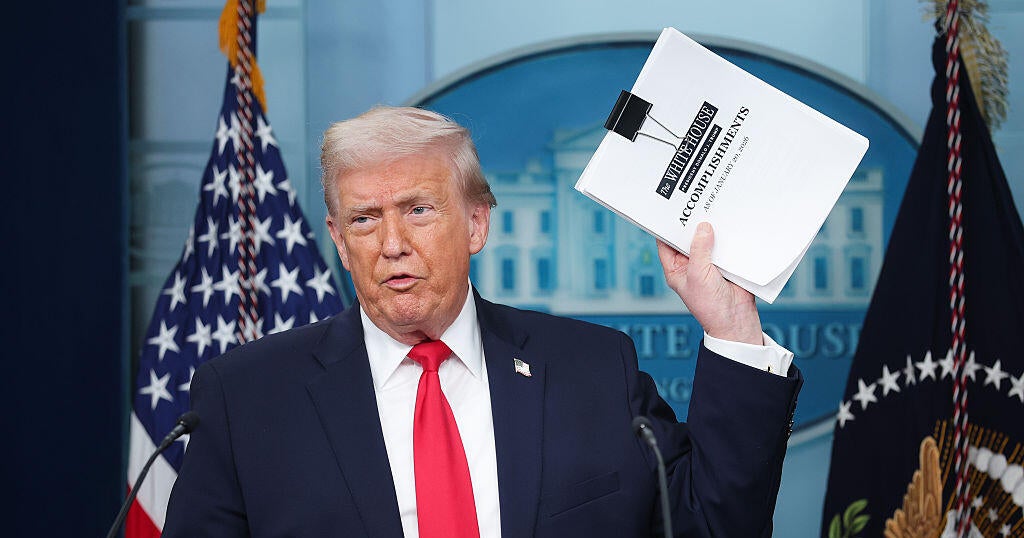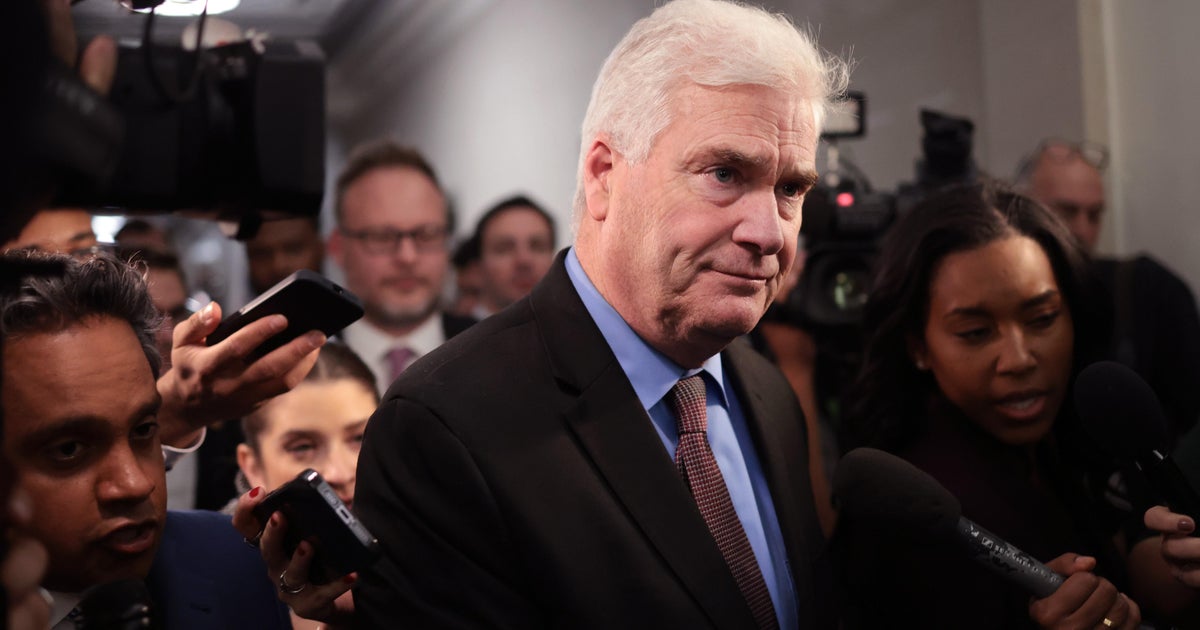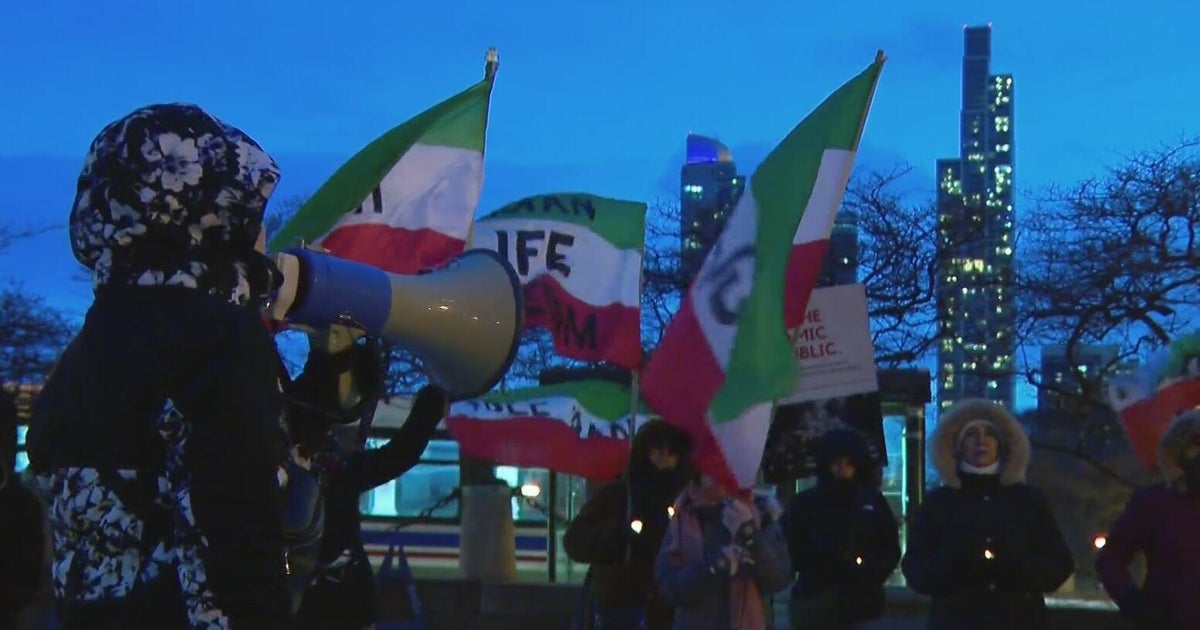Iranian hackers sent stolen Trump campaign info to Biden campaign associates, FBI says
Iranian hackers sought to interest President Biden's campaign in information stolen from the rival campaign of former President Donald Trump, sending unsolicited emails to people connected to the Democratic president in an effort to interfere in the 2024 election, the FBI and other federal agencies said Wednesday.
There's no evidence that any of the recipients responded, officials said, preventing the hacked information from surfacing in the final months of the closely contested election.
The hackers sent emails in late June and early July to people who were associated with Mr. Biden's campaign before he dropped out. The emails "contained an excerpt taken from stolen, non-public material from former President Trump's campaign as text in the emails," according to a U.S. government statement.
In late July, officials with the FBI, the Office of the Director of National Intelligence and the Department of Homeland Security said that Tehran had started a campaign that was working to weaken Trump's candidacy, while Russia was attempting to do the opposite.
Last month, sources told CBS News that the FBI was investigating whether Iranian hackers had targeted people associated with both the Trump and Biden-Harris campaigns.
In response to the revelation, Harris campaign spokesperson Morgan Finkelstein told CBS News in a statement Wednesday evening that "we're not aware of any material being sent directly to the campaign," adding that "a few individuals were targeted on their personal emails with what looked like a spam or phishing attempt."
Finkelstein said the campaign has "cooperated with the appropriate law enforcement authorities since we were made aware that individuals associated with the then-Biden campaign were among the intended victims of this foreign influence operation."
Trump campaign spokesperson Karoline Leavitt told CBS News in a statement that "this is further proof the Iranians are actively interfering in the election to help Kamala Harris and Joe Biden because they know President Trump will restore his tough sanctions and stand against their reign of terror."
A Microsoft threat intelligence report last month provided examples about the actions of Iranian groups seeking to influence the 2024 election.
"Not surprisingly, the latest revelations confirm that Iran's efforts are multi-pronged and intended to damage the Trump campaign," Chris Krebs, former Cybersecurity and Infrastructure Security Agency director, told CBS News Wednesday. "This comes on the same day as a Senate Intelligence Committee hearing on foreign threats to elections. In that hearing Microsoft President Brad Smith characterized the state of foreign interference as Russia vs Harris and Iran vs Trump."
The Trump campaign disclosed on Aug. 10 that it had been hacked and said Iranian actors had stolen and distributed sensitive internal documents. At least three news outlets — Politico, The New York Times and The Washington Post — were leaked confidential material from inside the Trump campaign. So far, each has refused to reveal any details about what it received.
Politico reported that it began receiving emails on July 22 from an anonymous account. The source —an AOL email account identified only as "Robert"— passed along what appeared to be a research dossier that the campaign had apparently done on the Republican vice presidential nominee, Ohio Sen. JD Vance. The document was dated Feb. 23, almost five months before Trump selected Vance as his running mate.
A spokesperson for Iran's permanent mission to the U.N. told CBS News in a statement Wednesday that the FBI's "allegations" were "fundamentally unfounded, and wholly inadmissible."
"Having already unequivocally and repeatedly announced, Iran neither has any motive nor intent to interfere in the U.S. election; and, it therefore categorically repudiates such accusations," the statement read. "Should the U.S. government genuinely seek the truth, it is incumbent upon them to formally and transparently provide their substantiated evidence, so as to receive a corresponding and precise response."







